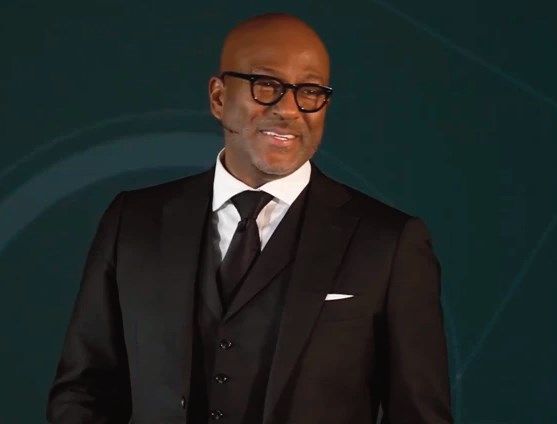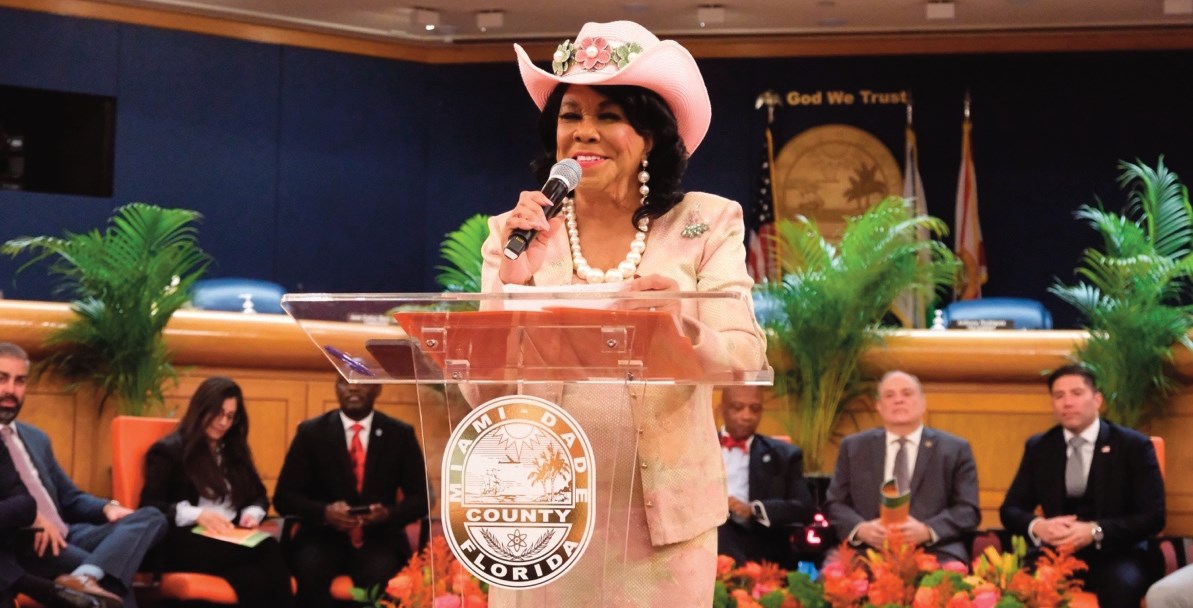Under the task force plan, Puerto Rico would organize a referendum asking voters first if they want to be part of the U.S. or become independent. If they choose ties with the U.S., they would be given statehood or the current commonwealth as options. If they opt for independence, they would choose between free association and independence.
Under free association, the U.S. would still provide defense and economic aid but Puerto Ricans would no longer be U.S. citizens, although they could still work and study in the U.S.
“No matter what choice the people of Puerto Rico make, it's their choice,” said Tom Perrelli, task force co-chairman and U.S. associate attorney general. “Congress should implement that as quickly as possible.”
A bill proposing a similar referendum stalled in the U.S. Congress last year.
Puerto Ricans have voted to remain a commonwealth in referendums in 1967, 1993 and 1998. Commonwealth status grants them U.S. citizenship but bars them from voting for president and their congressional representative cannot vote either.
The new report recommends that Puerto Ricans vote on their status by late 2012 and said that only Puerto Rican residents should be allowed to take part.
“Managing a vote among a population dispersed throughout the United States and elsewhere would be daunting,” it said.
It also recommends that if Puerto Ricans choose independence, those already born should retain U.S. citizenship.
The task force also proposed ways to help the island dig itself out of a lengthy recession, including jobs training, tourism promotion and renewable energy projects. It also urged better management and oversight of how the island uses federal funds.
It was created by President Bill Clinton in 2000 to analyze Puerto Rico's status, but its scope was expanded by the Obama administration to make recommendations on policies affecting education, health care, and economic development.












No Comment